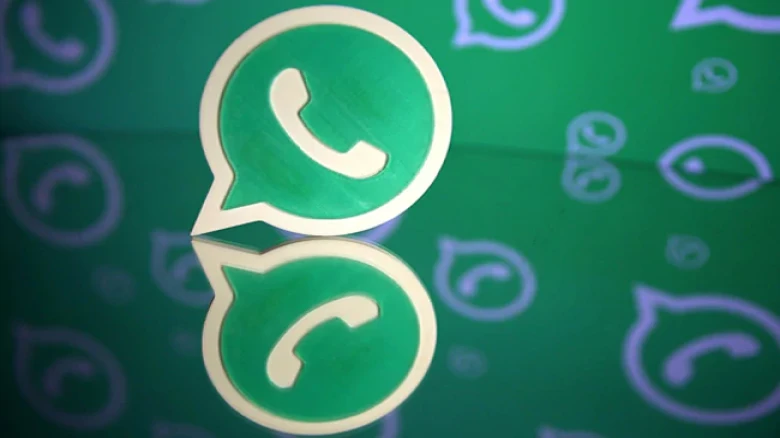However, several telcos have consistently encouraged the centre to subject OTTs to the licencing scheme. They added that the ITTs must be requested to adhere to security standards and other legal duties.
Digital Desk: While OTT communication platforms like WhatsApp and Signal may not need licences to operate in India, user protection will need to be improved. According to a Livemint report, there has been agreement that customer protection must take precedence in discussions between the government and stakeholders regarding the draught telecom bill.
According to the research, different parties will keep talking about "light-touch restrictions" for OTT communication platforms.
The draught telecom bill, according to telecom minister Ashwini Vaishnaw, focuses on two things: consumer protection and rules. The measures, which would only be "light touch," will be implemented largely to safeguard consumers from cyberattacks.
Vaishnaw stated that the new bill which replaces the Indian Telegraph Act, 1885, the Indian Wireless Telegraphy Act, of 1933, and the Telegraph Wires (Unlawful Possession) Act, 1950 will not limit the powers of the Telecom Regulatory Authority of India (TRAI) (TRAI).
According to a source with knowledge of the situation, "What we understand today is that folks (OTTs) are happy with user protection-related regulations...they did not want to have a licence and that was not our aim either," Livemint reported.
However, several telcos have consistently encouraged the centre to subject OTTs to the licencing scheme. They added that the ITTs must be requested to adhere to security standards and other legal duties.
The telcos have also requested a new, more precise meaning of OTT communication services in the new telecom bill.

Leave A Comment